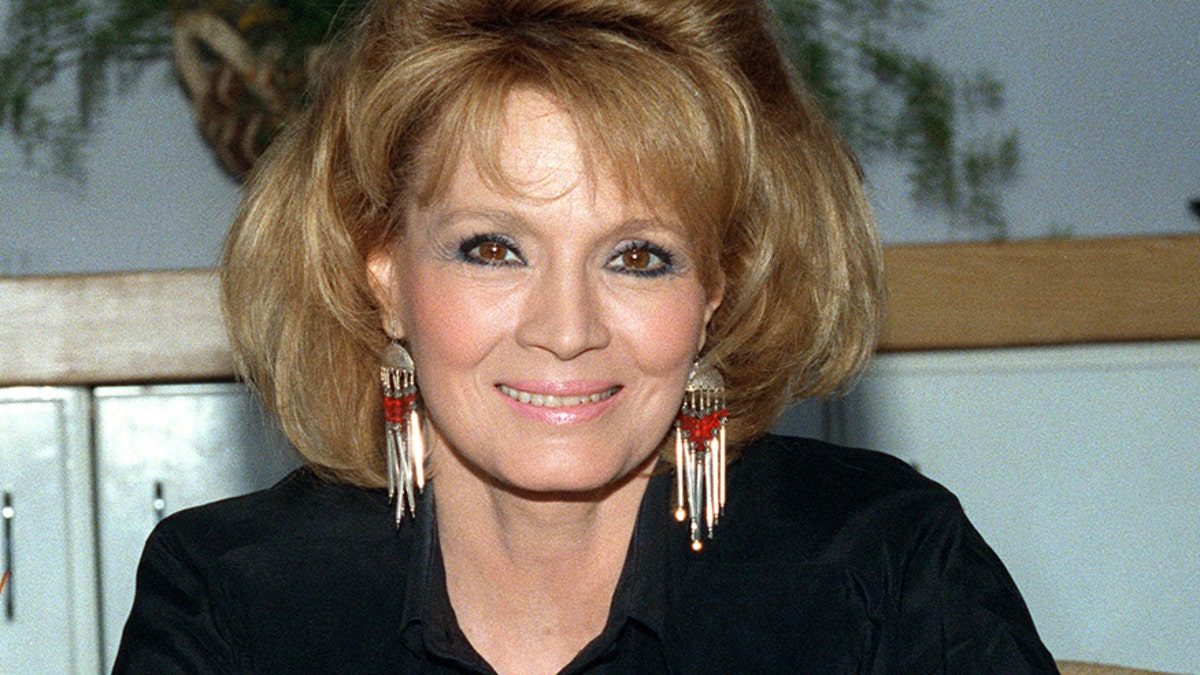
(AP)
LOS ANGELES – To commemorate the 40th anniversary of Angie Dickinson’s groundbreaking primetime series “Police Woman,” the former police show star was joined last week by today’s leaders in the crime drama heroine genre.
“It has evolved. I had to do shower scenes all the time,” Dickinson said last week during the WE TV and Paley Center for Media panel, which sought to explore the evolution of the female in the niche TV market. “I felt exploited.”
And though Dickinson’s groundbreaking character was known for firing pistols, kicking in doors and busting the bad guys, she said the show worked meticulously to make sure the much-loved Pepper Anderson still appealed to a cross-section of American audiences.
“If we went too hard and made her too tough, people weren’t going to like that. I wasn’t Marilyn Monroe, but I was middle of the road and it worked,” she explained.
For “21 Jump Street” star Holly Robinson-Peete, who played Officer Judy Hoffs from 1987 through to 1991, the biggest issue was the overload of rape-related storylines.
“By the end of the third season, I had to go to the director. It was a slippery slope as I was the only girl,” she said. “But every week it was either date rape or I was under cover as a rape victim.”
In contrast, female stars in today’s crime show genre expressed elation that they don’t have to sacrifice their sexuality and femininity to do the otherwise hard-core on-screen job.
“I actually wanted more even though [producers] are all about buttoning up that top button. I wanted to show a lacy bra in a scene. I like the idea of a package – you can be tough, get the bad guys, be respected and sexy at the same time and live how you want,” Poppy Montgomery, who currently plays Detective Carrie Wells on the CBS police drama “Unforgettable,” insisted.
And as Montgomery added that in 2011 NBC attempted to “go harder” with Mario Bello’s character in “Prime Suspect” and ultimately it “didn’t work” as the show was canceled in its first season. The actresses also said their roles have inspired young American girls, with Dickinson first pointing out that she was flattered to learn about a spike in recruitment of female cops after her show premiered. According to a report by the National Center for Women and Policing, the crime shows of the ‘70s and ‘80s did bring about a slight uptick in females joining the force.
“I lost count at how many young ladies said ‘you make me want to get into law enforcement.’ I love that,” Robinson-Peete enthused, while 20-year “Law & Order” veteran S. Epatha Meckerson added that she’s honored when teens are inspired by the way her character “ran the precinct.” And Emily Deschanel said that it is the response from young fans that makes her job as a leading authority in forensic anthropology on Fox’s “Bones” worth it.
“Dr. Temperance Brennan doesn’t apologize for her intelligence and abilities and I love that. You are putting these images out there for young girls to see, and I love it when young teens tell me that they want to be a scientist because of ‘Bones,’” she said.
But over the past 40 years, there are some aspects of the genre that have changed little.
Dickinson recalled that when they were filming the series in 1974, they had to be careful with the violence portrayed and that a gun and a head were not allowed to be shown in the same shot. Today, similar rules are still in place, though networks prefer to keep the exact guidelines shrouded in mystery.
Montgomery observed that even in 2014, in shots they are prohibited from pointing a gun at someone’s head in the same frame.
Surprisingly, in Meckerson’s two-decade tenure of “Law & Order,” only once did an officer actually pull the trigger.
“She [her character Lt. Anita Van Buren] was with her kids, stopped at an ATM when kids tried to rob her and you saw her shoot a 17-year-old mentally challenged kid in the back,” Meckerson, 61, recalled of the 1994 episode entitled “Competence.” “It was the first episode that was specifically written around a character, and not one single episode in 20 years did a male character shoot his weapon. It was what we called a woman in jeopardy – and that’s what sold the show.”
Follow @holliesmckay on Twitter.





















